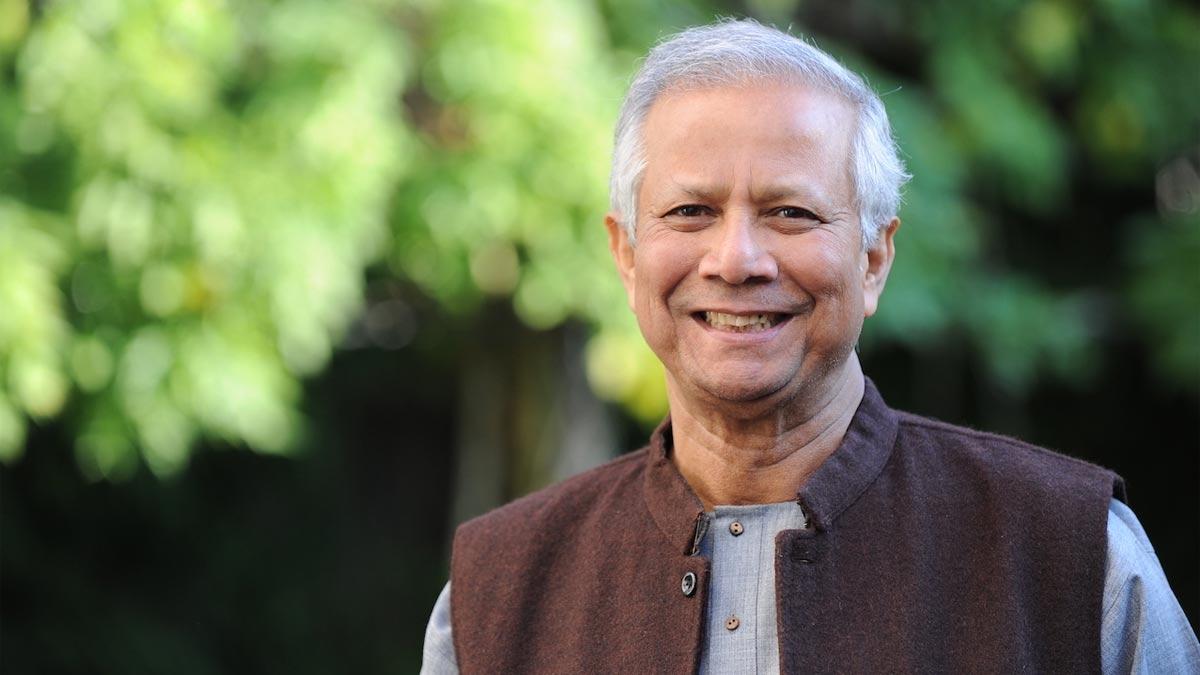The caretaker government of Professor Muhammad Yunus has firmly rejected U.S. National Intelligence Director Tulsi Gabbard's comments on the reported persecution of minority groups in Bangladesh, calling them "not based on any evidence or specific allegations."
On its official Facebook page, the chief adviser's office made a midnight post criticizing Gabbard's remark, saying her remarks generalized the whole country in an unjustified manner. The post stated, "They paint an entire nation with a broad and unjustified brush."
The release continued to characterize Gabbard's comments on an Indian television channel as "misleading and harmful to the image and reputation of Bangladesh," stressing the nation's time-honored tradition of tolerant and peaceful Islam. It also emphasized the country's considerable strides in the fight against extremism and terrorism.
Earlier on Monday, Gabbard, who was in India at the time, said that the "longtime unfortunate persecution, killing, and abuse of religious minorities like Hindus, Buddhists, Christians, and others" had been an important issue of concern for the U.S. government and the Trump administration. Gabbard, during her interview, accused that there was persecution and murder of religious minorities in Bangladesh and asserted that the "threat of Islamic terrorists" in the nation was based on the ideology and aim to create an "Islamist caliphate."
Gabbard further reported that the U.S. President Donald Trump had opened talks with Bangladesh's interim government on this matter, and said the discussions are in their initial phases but are still a priority area of concern. But the office of the chief adviser rebutted by accusing Gabbard of unfairly associating Bangladesh with the concept of an "Islamist caliphate," which it said was a testament to the hard work of countless Bangladeshis and their international partners committed to peace, stability, and progress.
The statement further highlighted that Bangladesh condemns firmly any attempt to connect the country with any sort of "Islamist caliphate" and appealed to political leaders and public personalities to rely on facts, especially while talking about sensitive matters. The government worried that such statements could strengthen dangerous stereotypes, promote fear, and potentially trigger sectarian tensions.
On her trip to New Delhi, Gabbard had talked about the idea of an "Islamic Caliphate" and the danger posed by radical elements and terrorist organizations that try to establish such a system throughout the world.
The office of the chief adviser replied by reiterating that though Bangladesh, like most other nations, also has problems with extremism, it has consistently worked with the rest of the international community, including the U.S., to combat these problems by employing law enforcement, social reform, and counterterrorism measures.
The declaration ended by underscoring the fact that the interim government of Bangladesh is willing to enter constructive dialogue on factual basis, but respecting the sovereignty and security of all countries, in the universal struggle against terrorism and extremism.
Read also| Trump Announces Release of 80,000 Unredacted JFK Assassination Files Today
Read also| Guterres Urges India and Pakistan to Collaborate on Addressing Terrorism Threats


















